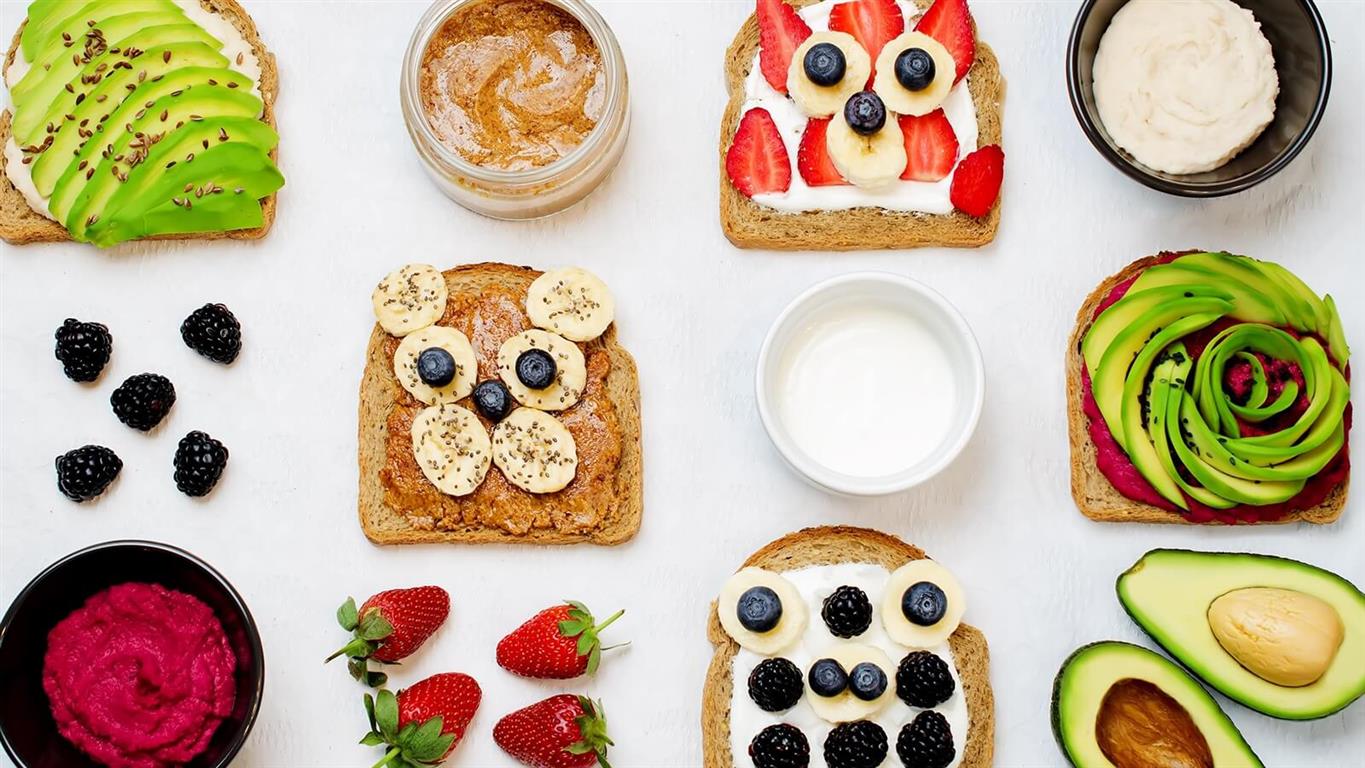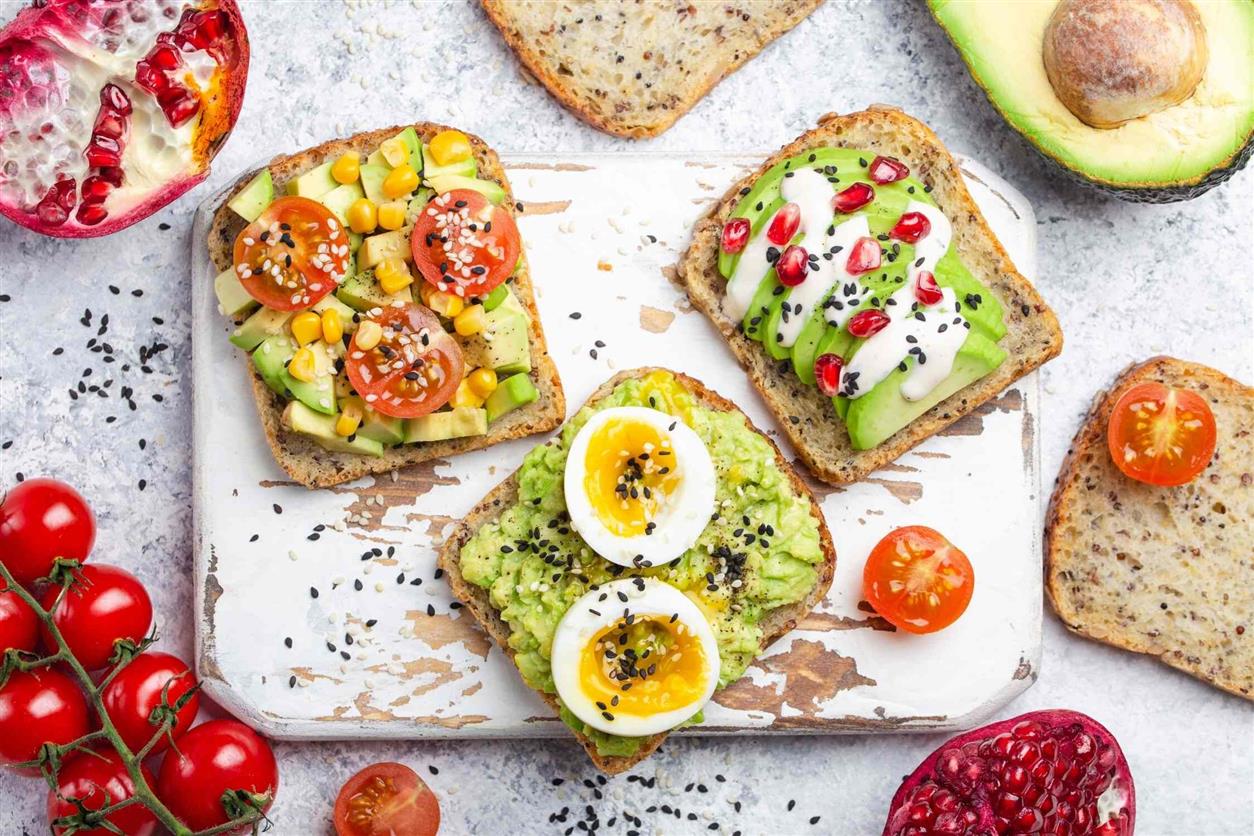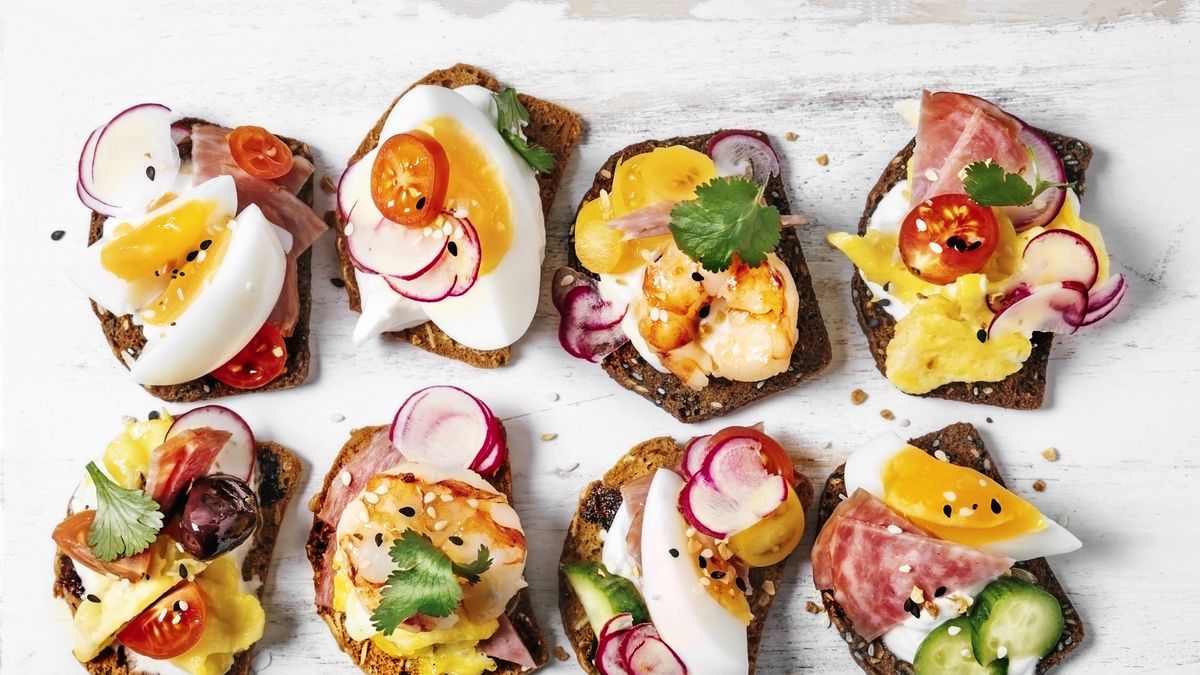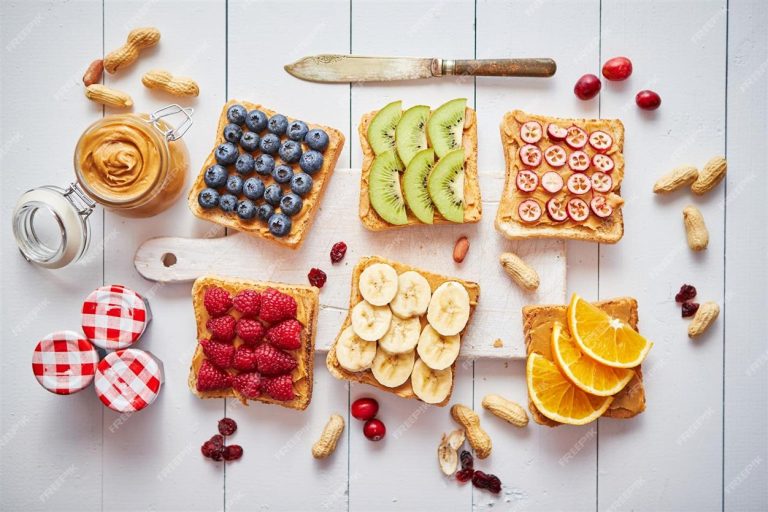When hunger strikes between meals, many of us reach for snacks to satisfy our cravings. However, making smart and healthy choices when it comes to snacking is crucial for maintaining a balanced diet and overall well-being. The right snacks can provide energy, essential nutrients, and even help with weight management. In this article, we’ll explore how to snack wisely and offer some delicious and nutritious snack ideas to keep you feeling satisfied throughout the day.
The Importance of Healthy Snacking

Snacking serves several purposes beyond just satisfying hunger. It can help maintain steady blood sugar levels, prevent overeating during meals, boost metabolism, and provide the necessary nutrients that our bodies need throughout the day. However, making unhealthy snacking choices can lead to unwanted weight gain, spikes in blood sugar, and a decrease in overall health.
Making Informed Choices
Healthy snacking is about choosing nutrient-dense options that contribute to your daily nutrient requirements without going overboard on calories, sugar, or unhealthy fats.
Avoiding Empty Calories
Empty-calorie snacks lack essential nutrients like vitamins, minerals, fiber, and protein. These snacks can provide a quick energy boost but leave you feeling unsatisfied and hungry shortly after consuming them.
Smart and Satisfying Snack Choices

Here are five examples of healthy snacks that not only taste great but also provide the nutrition your body needs:
- Greek Yogurt with Berries
Greek yogurt is high in protein, which helps keep you feeling full and satisfied. Berries add natural sweetness and are packed with vitamins, minerals, and antioxidants.
- Mixed Nuts
A handful of mixed nuts, such as almonds, walnuts, or cashews, can be a satisfying snack that provides healthy fats, protein, and fiber, promoting a feeling of fullness.
- Apple Slices with Peanut Butter
Apples offer fiber and natural sugars, while peanut butter provides protein and healthy fats. This combination makes for a tasty and satisfying snack that keeps you energized.
- Hummus and Veggie Sticks
Hummus made from chickpeas is a good source of protein and fiber. Pair it with colorful veggie sticks like carrots, cucumber, and bell peppers for a crunchy and satisfying snack.
- Quinoa Salad
Prepare a small portion of quinoa mixed with a variety of colorful vegetables and a lean protein source like grilled chicken or tofu. Quinoa is a complete protein and provides sustained energy.
How to Make Healthy Snacking a Habit

Understanding Portion Control
One of the keys to healthy snacking is being mindful of portion sizes. Even with healthy snacks, consuming too much can lead to excess calorie intake. Measure out appropriate portions and avoid mindless eating.
Planning and Preparation
Preparation is vital in maintaining a healthy snacking routine. Set aside time to plan your snacks for the day or week. Pre-cut fruits, vegetables, and portion out snacks in advance to make healthy choices easily accessible and convenient.
Reading Labels and Ingredients
Become an informed consumer by reading food labels and understanding the ingredients. Opt for snacks with fewer artificial additives, preservatives, and excessive sugars or sodium. Choose snacks with recognizable, natural ingredients.
Balancing Macronutrients
A well-rounded snack should contain a balance of macronutrients—protein, healthy fats, and carbohydrates. This balance helps keep you full and provides sustained energy. For example, pair a small portion of nuts with fruit or yogurt for a satisfying mix.
Listening to Your Body
Pay attention to your body’s hunger and fullness cues. Snack when you’re genuinely hungry, not out of habit or boredom. Eating mindfully allows you to honor your body’s needs and make better snack choices.
Conclusion

Embracing healthy snacking as a part of your daily routine is a fantastic way to maintain optimal energy levels, manage weight effectively, and support your overall health and well-being. By adopting habits such as understanding portion control, planning and preparing snacks in advance, reading labels and ingredients, balancing macronutrients, and listening to your body’s hunger and fullness cues, you can make smart choices that align with your wellness goals.
Remember, healthy snacking isn’t about deprivation or boring food—it’s about nourishing your body with the right foods, finding delight in the flavors, and enjoying the benefits of feeling satisfied and energized throughout the day. So, let’s make a pact to embrace a healthier snacking lifestyle, one delicious and nutritious bite at a time. Happy snacking!

